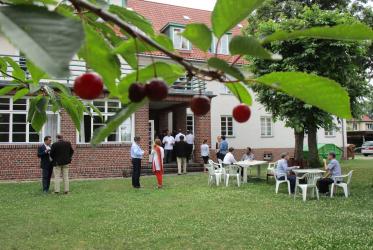Displaying 121 - 140 of 428
Meeting of the WCCs Commission of the Churches on International Affairs
27 February - 01 March 2017
Addis Abbaba, Ethiopia
WCC mourns the death of Polynesian nuclear fighter John Doom
28 December 2016
WCC congratulates new UN secretary general
21 October 2016








